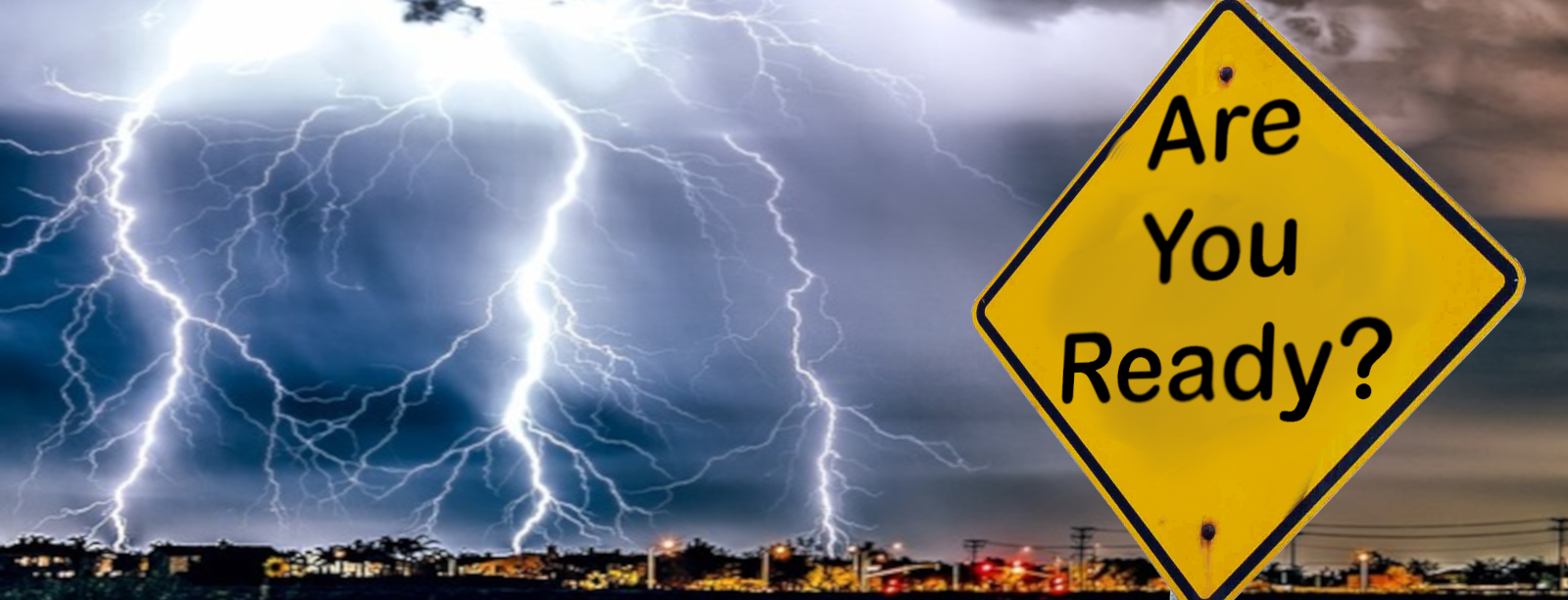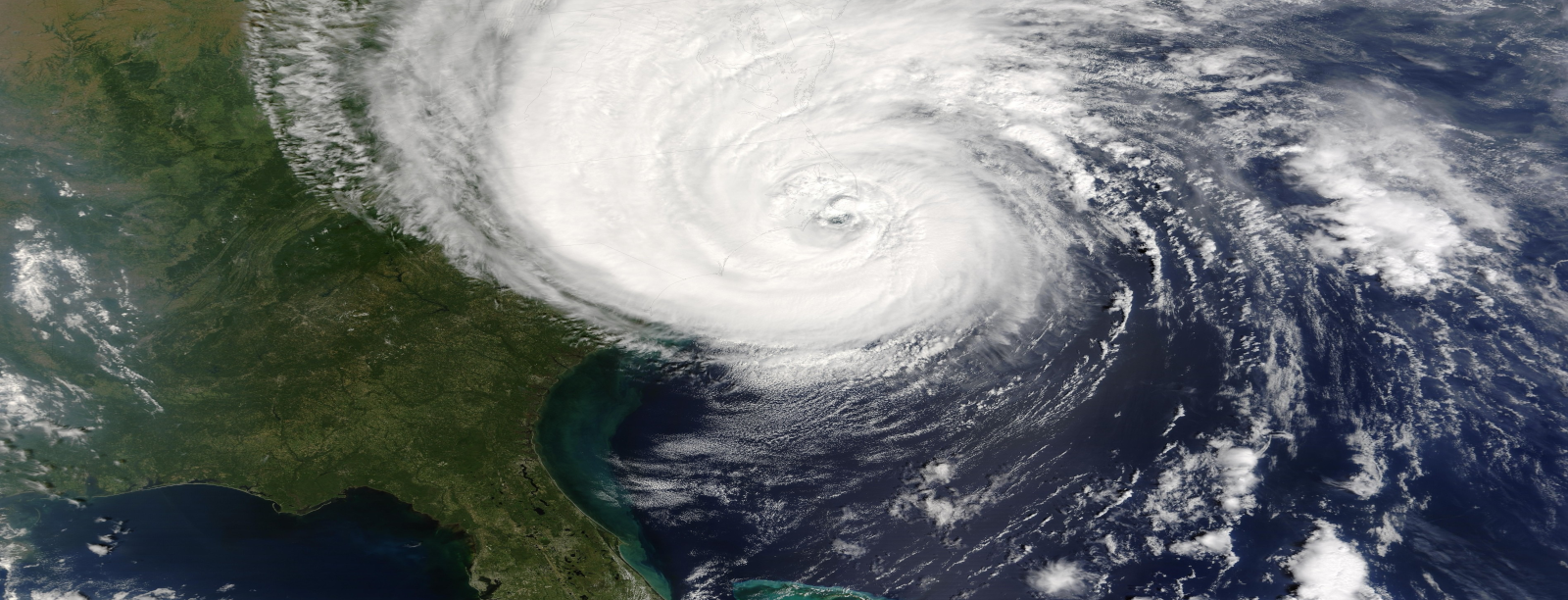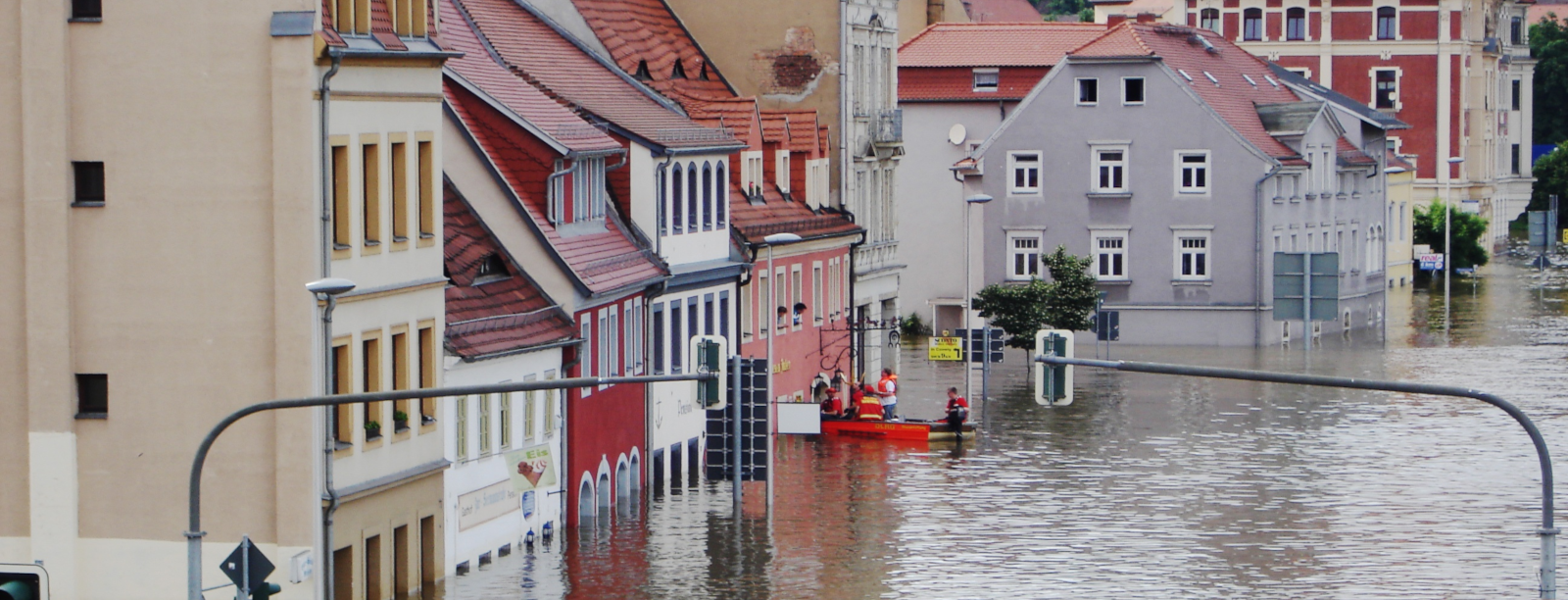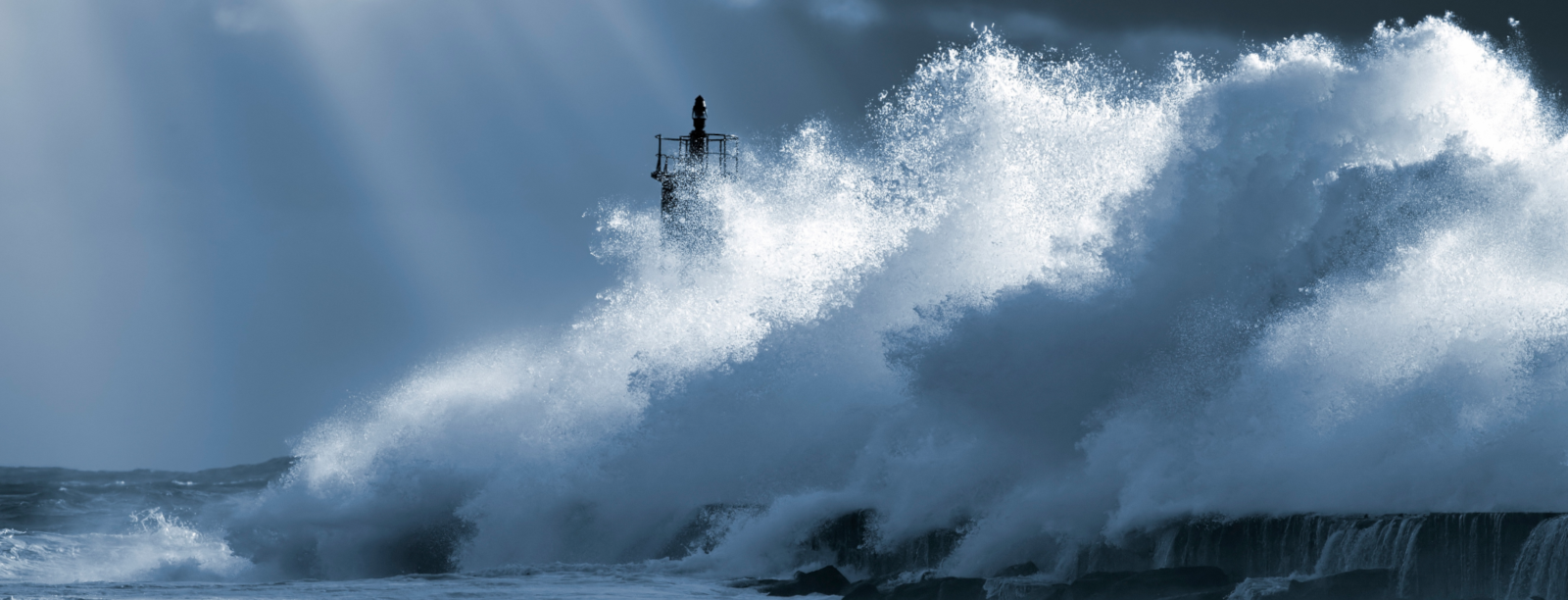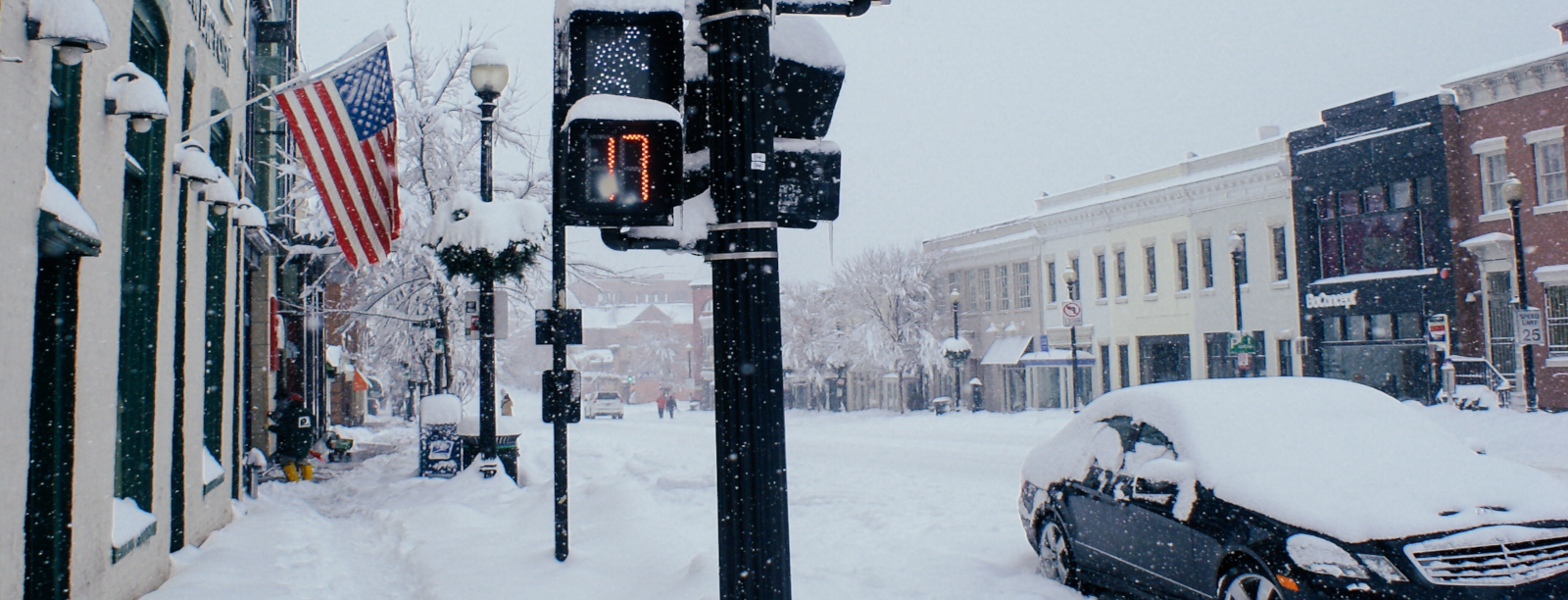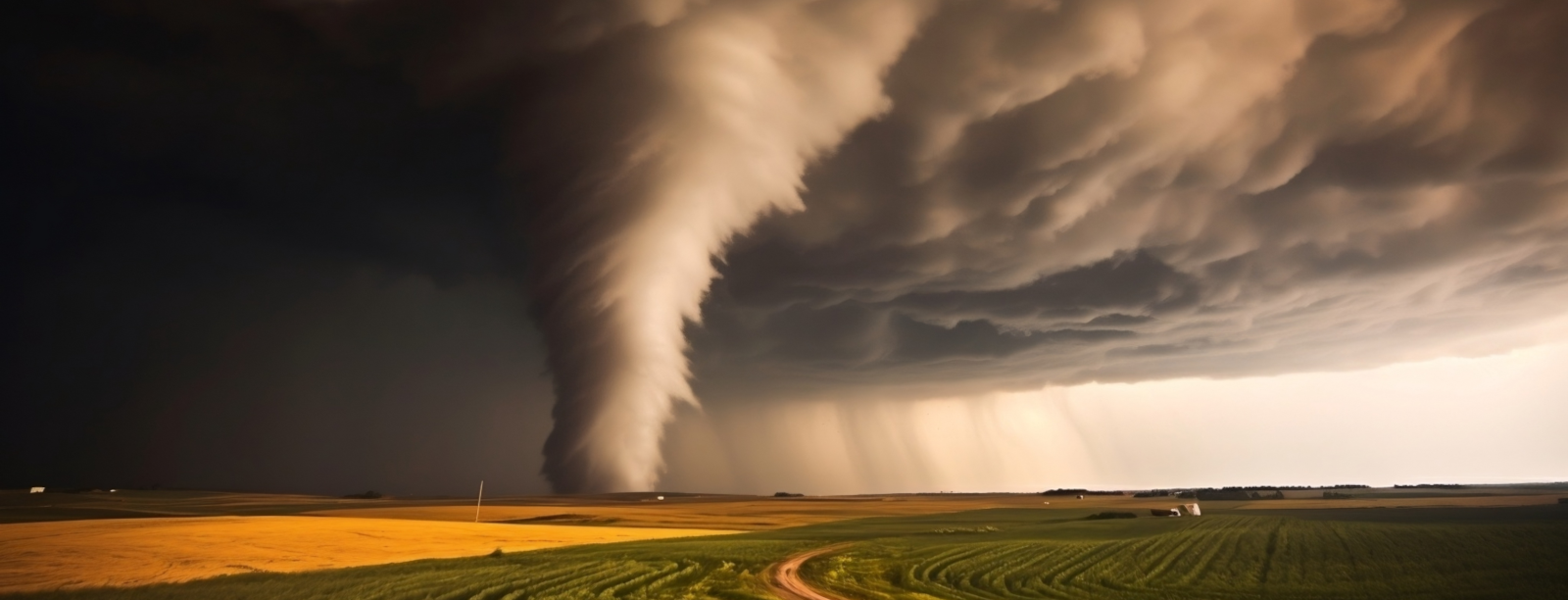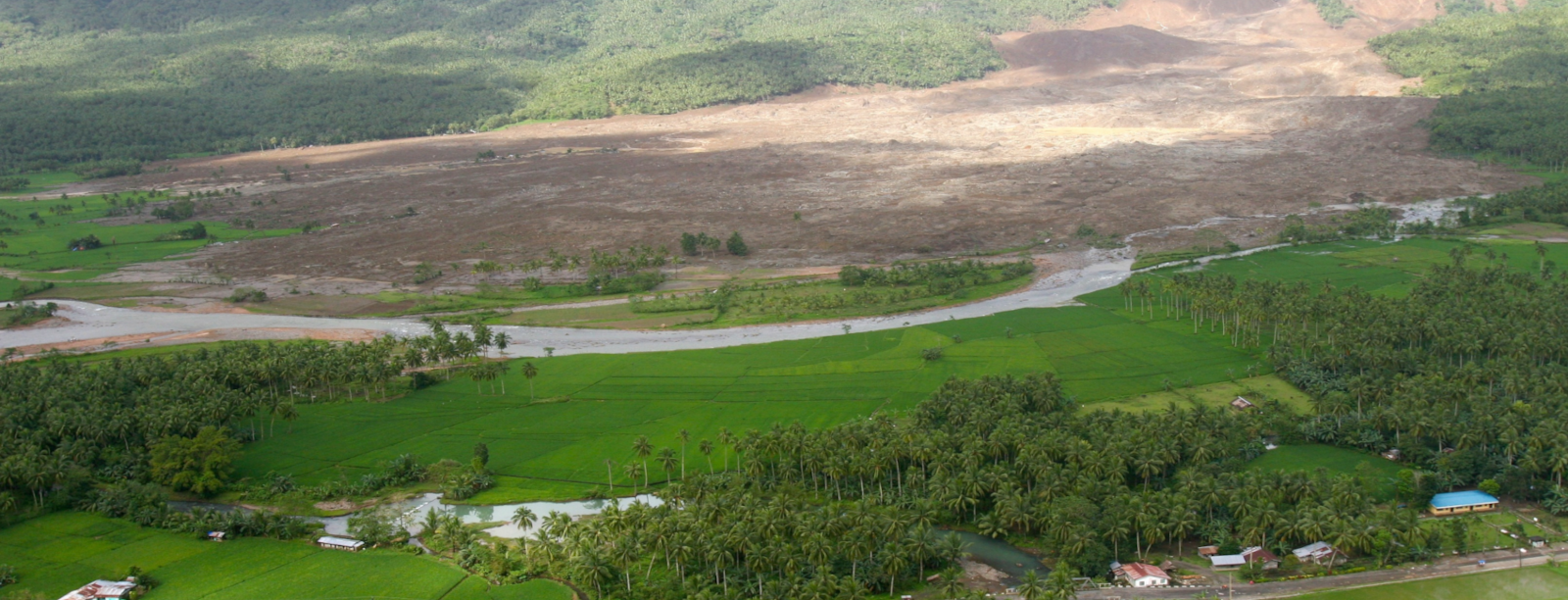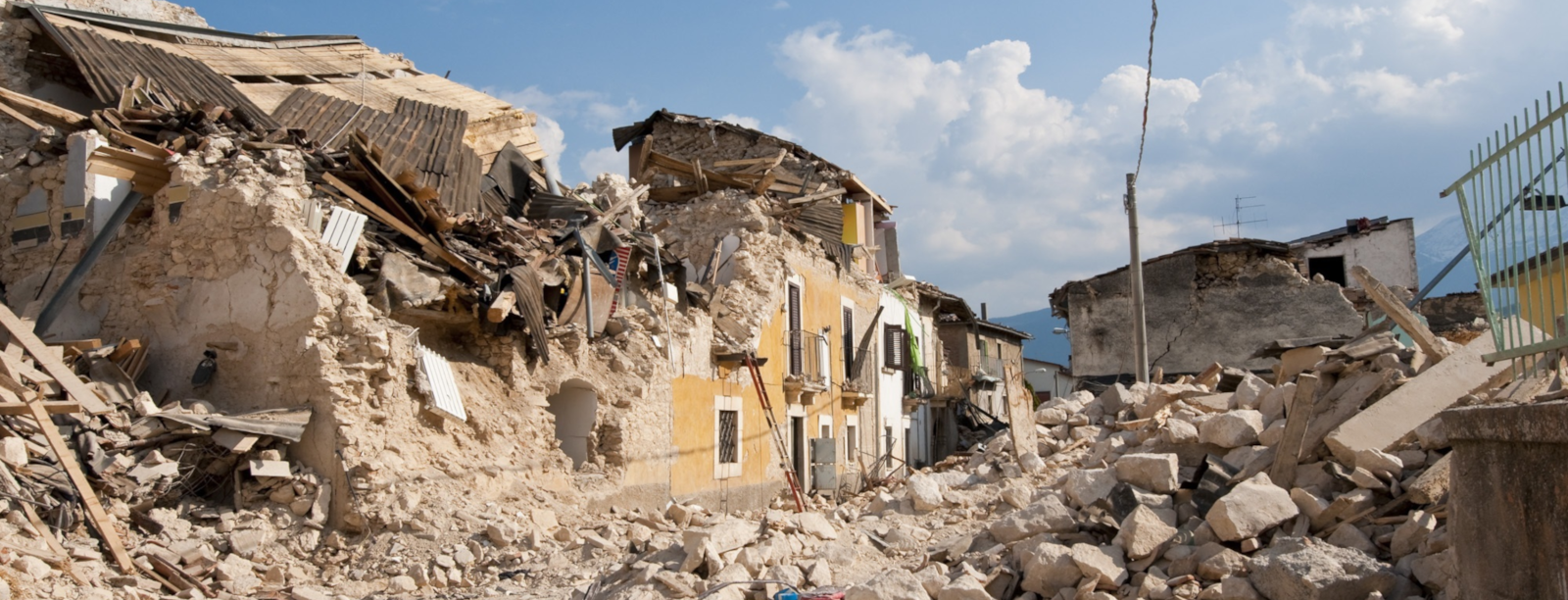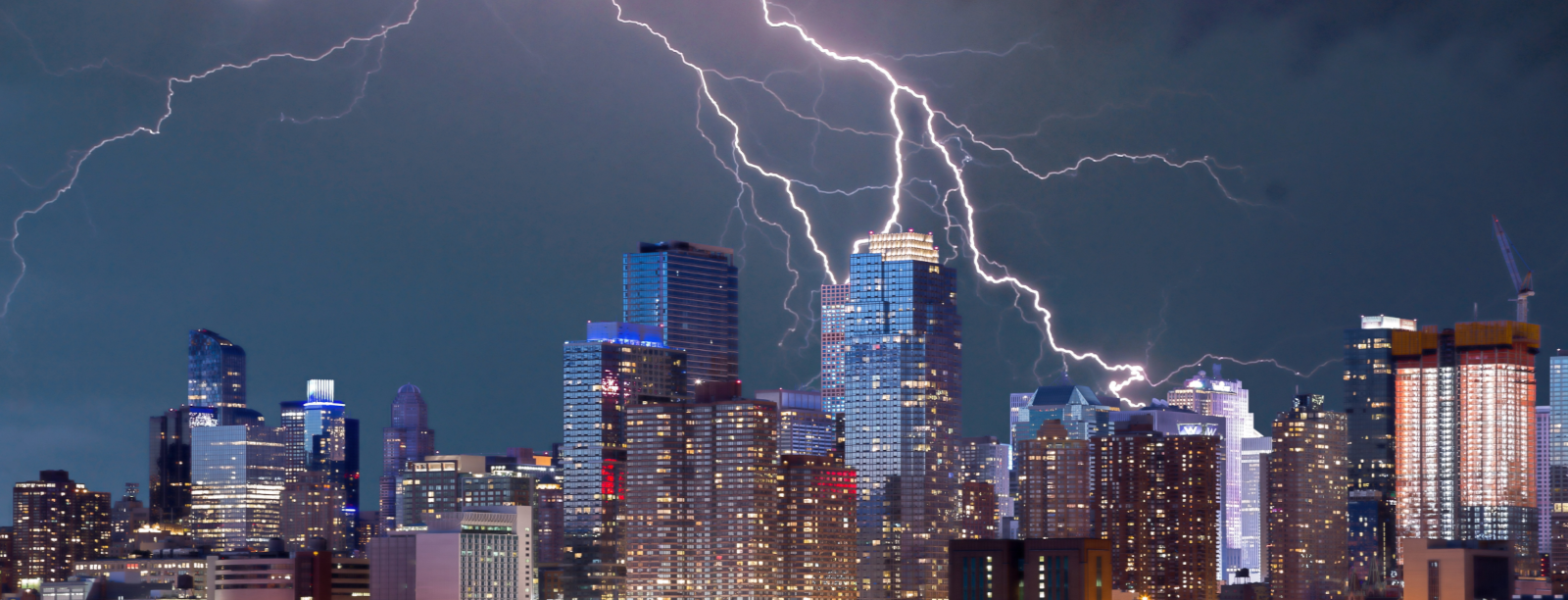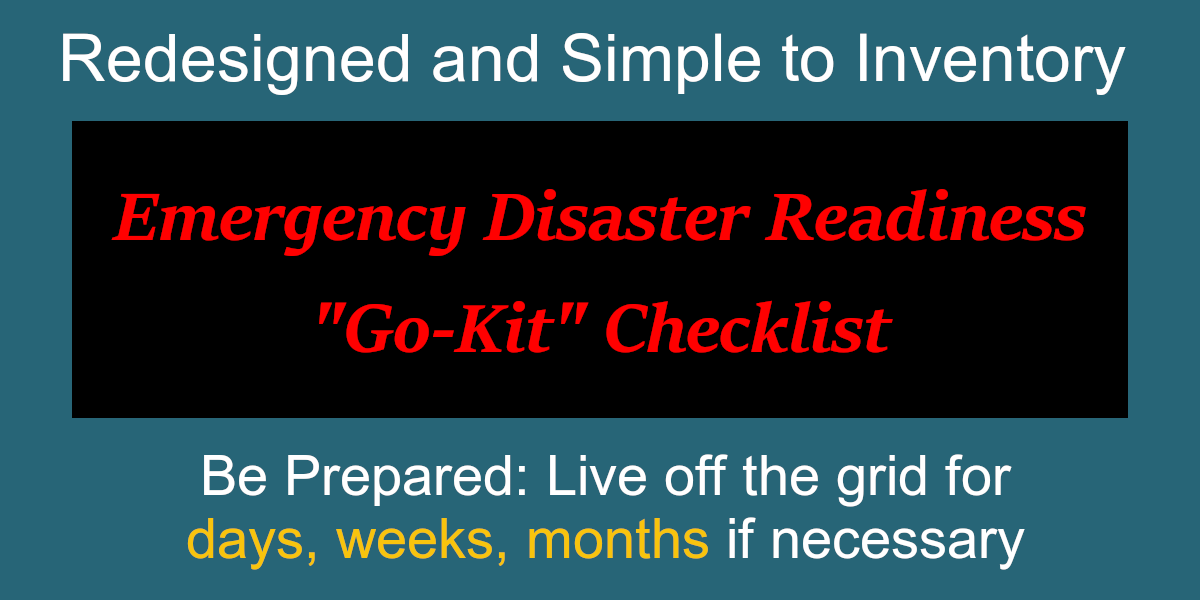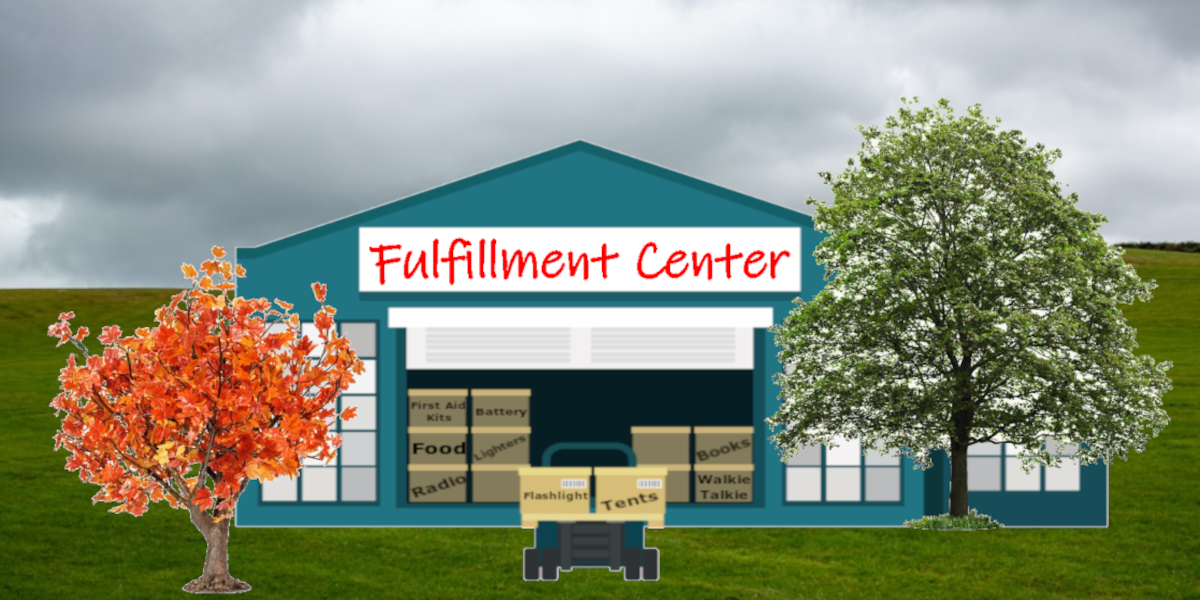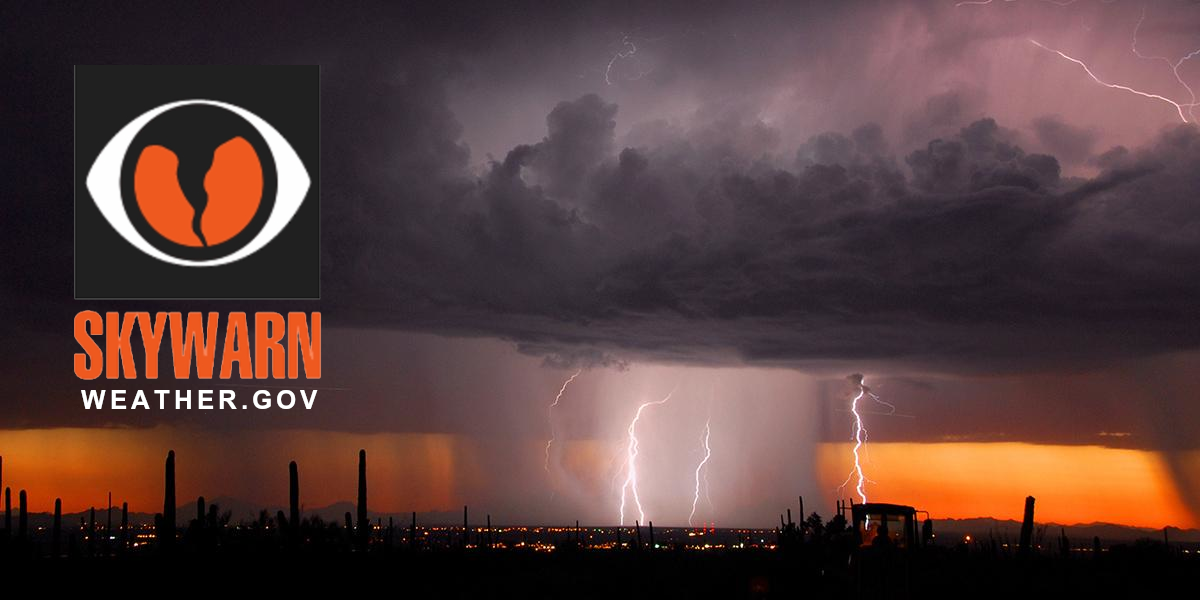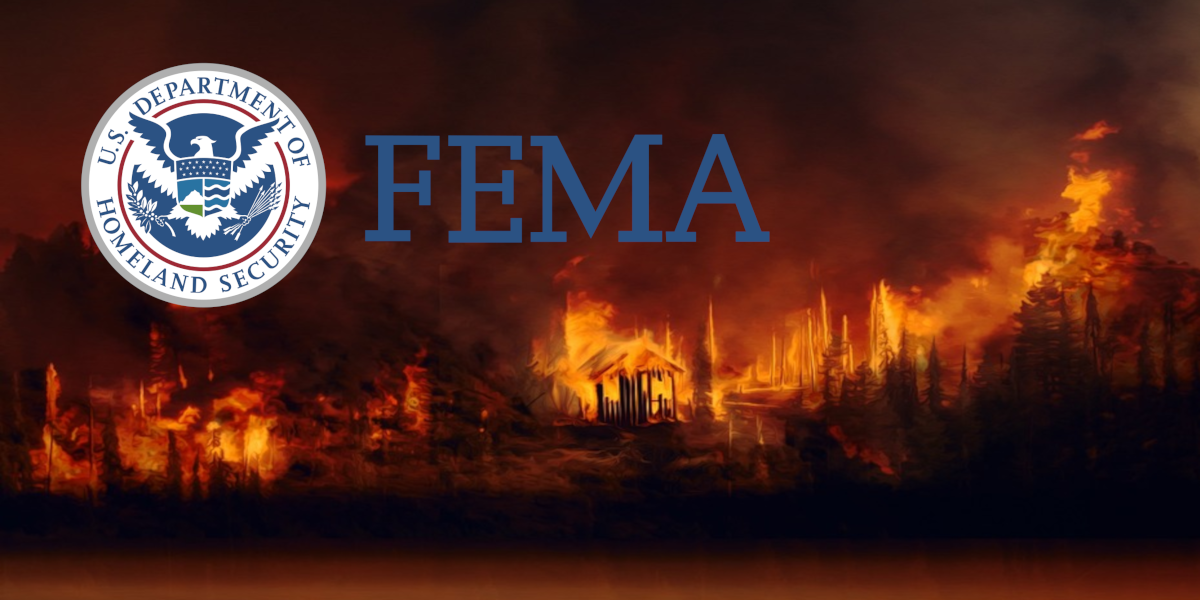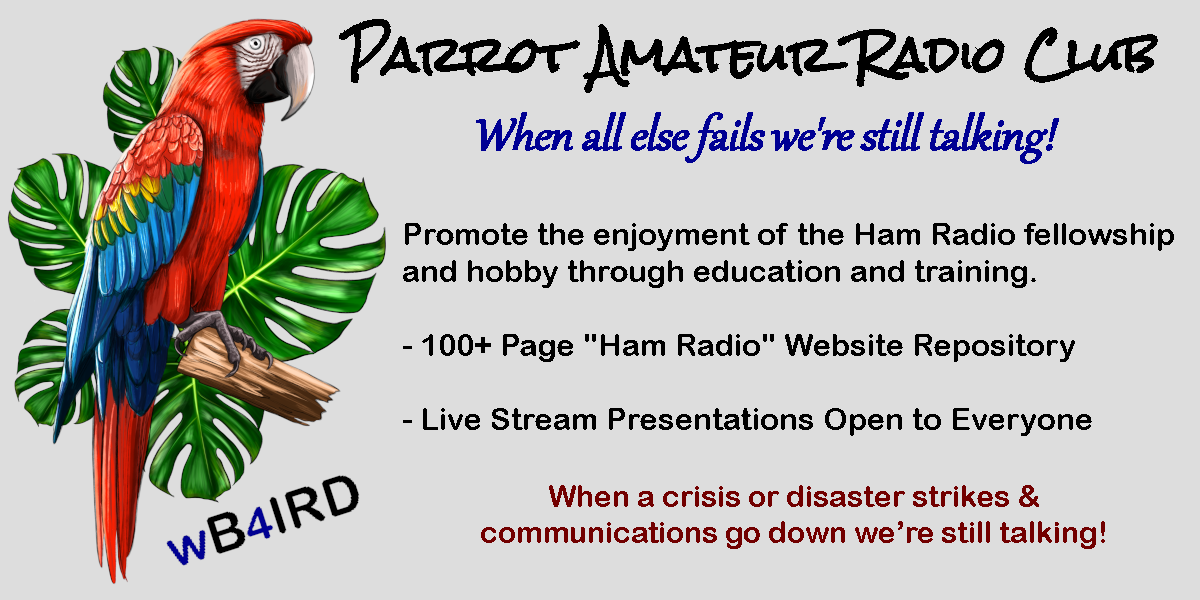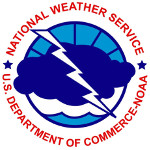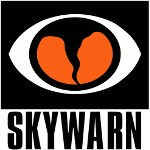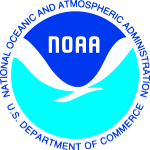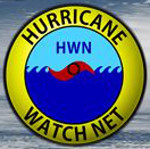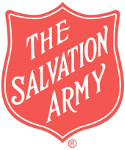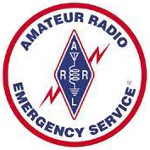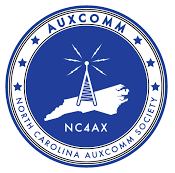Survival Starts by Being Proactive and Prepared When Disaster Strikes
Our Mission: Promote
Amateur Radio proficiency
through emergency preparedness, education and training
We are volunteer Amateur (Ham) Radio Operators who...
- are Licensed Instructors, Certified Examiner and Elmer’s. We hold General or Extra Class licenses offering FCC authorized Ham Radio instruction programs and exam class’s. We are volunteer Amateur (Ham) Radio Operators who are Licensed Instructors, Certified Examiner and Elmer’s. We hold General or Extra Class licenses offering FCC authorized Ham Radio instruction programs and exam class’s.
- Licensed Instructors are qualified Ham Radio Operators holding a license class of the same or higher level than the license class being offered.
- As a result Parrot ARC Instructors and VE’s can offer our local community to receive Technician, General or Extra Class Ham Radio Licenses.
- In times of Crisis and Natural Disasters
- Parrot ARC Operators practice the proficiency of emergency communication monthly to be able to assist with critical local services resulting in disrupted services to be managed and restored through alternative means.
EmCommInfo.com
Preppers Disaster Readiness Information
Repository Website
Disaster Readiness Information Repository Website offering...
- pertinent information for Emergency Service’s during a DISASTER and necessary information for Ham Radio Operators and civilians when the waters are quiet?
- Emergency Go-Kit ESSENTIALS Shopping Mall
- Disaster Survival: “Disaster Go-Kit Check List“
- Pre-Post Disaster Civilian, Federal and Government Resources
- National / Local LIVE Weather: Reports, Radar, Alerts…
- National / Local Emergency Relief Shelters
- Ham Radio: HF, UHF, VHF Net Operations, Net PDF’s (i.e.: Radiograms, Message Forms, NTS Codes…), Nationwide Clubs, Nets & Events
- Amateur Radio: Nationwide Repeater Information
- Emergency Services & Communication Frequencies
- FEMA “FEMA ICS-Forms“
- How to information and much, much more…
Survival Starts by
Being Proactive and Prepared When Disaster Strikes

